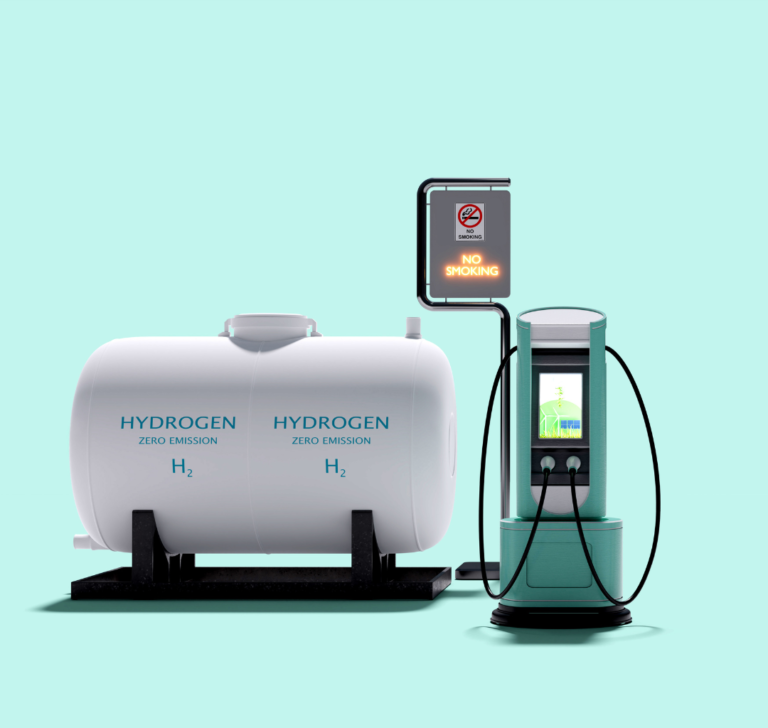2027 could mark the end of diesel engine development programs worldwide
At the recent Green Truck Summit, held on March 5th in Indianapolis, Daimler Truck North America highlighted the industry’s strong commitment to developing cleaner technologies and exploring alternatives for the future of road transportation.
While a gradual shift towards more sustainable energies is foreseen, it is acknowledged that diesel will remain a dominant driving force in the sector in the immediate future. This focus on diesel engines reflects the industry’s ongoing commitment to environmental improvement while addressing regulatory challenges and paving the way for a broader transition to more sustainable transportation solutions in the future.

According to the fourth report on the State of Sustainable Fleets Market Brief published last year, a slowdown in the development of new diesel engines is anticipated, suggesting that 2027 could mark the end of diesel engine development programs worldwide. However, despite diesel engines possibly continuing to be part of the industry for more years, efforts made in this decade have achieved significant advances in reducing emissions from these vehicles. For example, a tonnage truck manufactured three decades ago produces emissions equivalent to those of 60 current trucks, as shared at the Green Truck Summit.
Meanwhile, Daimler Truck North America is focusing its efforts on developing alternative powertrains based on electric batteries and hydrogen. The company aims for all its new trucks to be carbon-neutral in the United States, Europe, and Japan by 2039. Despite these strides towards cleaner transportation, DTNA continues to explore multiple pathways for sustainable transportation while not losing sight of the importance of diesel fuel and internal combustion engines in the road transportation industry.
Environmental regulations: towards zero emissions?
Daimler Truck CEO Martin Daum informed analysts and investors last week that the OEM is prepared to comply with CARB and the US Environmental Protection Agency regulations aiming to reduce nitrogen oxide emissions from large trucks and promote zero-emission vehicles before 2027.
Mary Aufdemberg of Daimler Truck North America highlighted that the third phase proposed by the EPA of its Greenhouse Gas Emissions Standards for Heavy-Duty Vehicles, known as GHG3, would require manufacturers to sell a higher proportion of zero-emission vehicles to be able to sell diesel trucks.
Furthermore, some states are following California’s example by regulating new registrations of diesel trucks. This means that penetration requirements for zero-emission vehicles could be a limiting factor for customers wishing to register units in these states.

The story of the first car race in Paris: a historic hit in 1894
Paris stands not only as a cultural and artistic epicenter but also as a pioneer in car racing In the history of automotive racing, Paris

Top states for driving in the United States in 2024
A WalletHub study compared all 50 states to determine the best driving conditions Road safety and quality are central concerns for drivers. And while the

Briefs: marijuana reclassification, vehicle fees, and climate grants
The trucking industry goes through new legislation, taxes and subsidies Questions about the proposed reclassification of marijuana The Owner-Operator Independent Drivers Association (OOIDA) supports the

Impact of traffic pollution: study reveals increase in blood pressure
A study from the University of Washington in Seattle reveals that the main cause of significant increases in blood pressure might be traffic-related gasses A

The benefits and careers of a Commercial Driver’s License
Having a CDL opens multiple doors within the trucking and transportation industry Having a Commercial Driver’s License (CDL) opens multiple doors within the trucking industry,

Sharing the road with a truck: steps to ensure your safety
Caution around blind spots and anticipating truck maneuvers are essential to ensuring everyone’s safety Truck drivers face significant challenges on the road due to their
